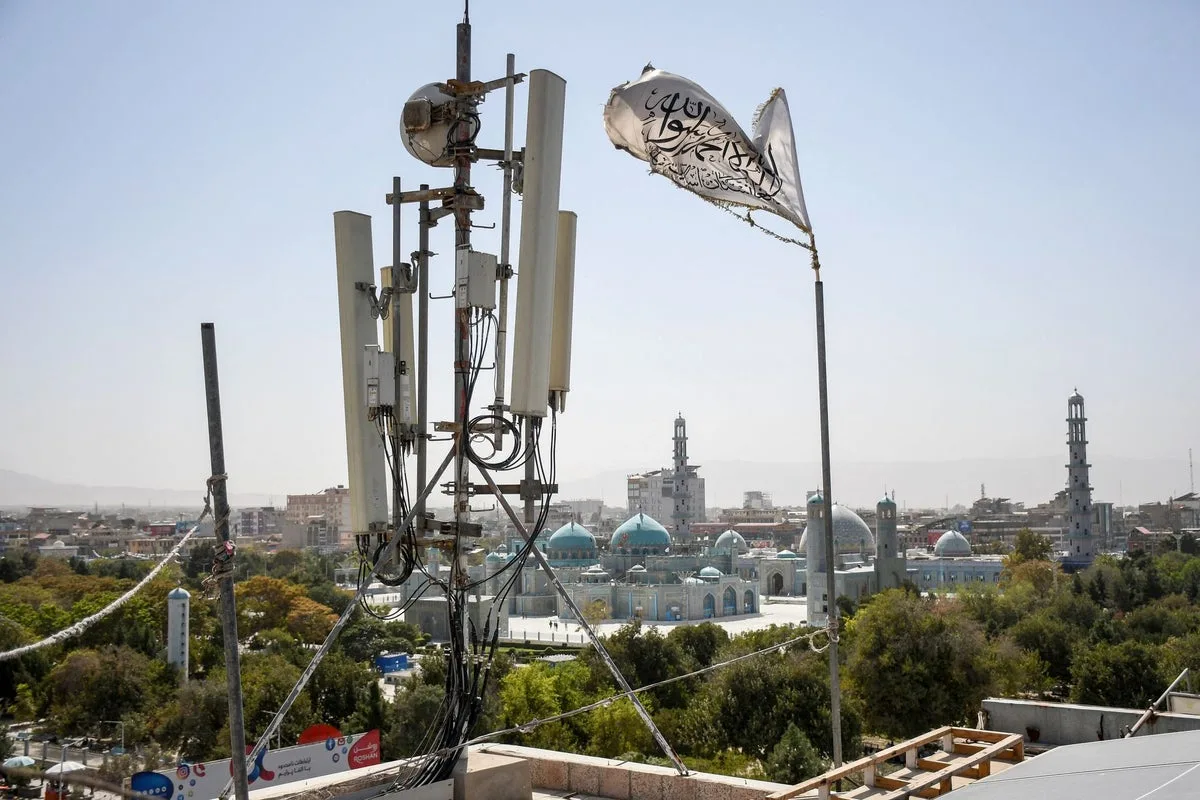By Vishwam Sankaran
Copyright yahoo

Internet and mobile phone services have been restored in Afghanistan following an abrupt 48-hour blackout.
Phone services of the largest providers, Roshan and Etisalat, both foreign-owned, were restored late afternoon on Wednesday, Reuters quoted residents in Kabul as saying.
Internet services, which were cut across Afghanistan on Monday, were also restored, according to broadband providers.
The communications blackout had also disrupted satellite television broadcasts and flight operations, with at least five flights scheduled to arrive at or depart from Kabul airport being cancelled.
It had affected banking operations as well, with financial remittances and trade with neighbouring countries paralysed.
The Taliban had denied implementing a nationwide internet blackout, citing “decaying fibre optic infrastructure” for the outage.
The blackout was first reported by NetBlocks, which claimed that “Afghanistan is now in the midst of a total internet blackout as Taliban authorities move to implement morality measures, with multiple networks disconnected through the morning in a stepwise manner”.
The Taliban government, however, dismissed reports of a ban as “rumours” and said it was working to replace the broadband infrastructure.
The UN had called for the restoration of connectivity, saying it had almost entirely cut off Afghanistan from the outside world.
Indrika Ratwatte, UN’s humanitarian coordinator in Afghanistan, said internet shutdowns were affecting their everyday work and the provision of critical aid.
“This is another crisis on top of the existing crises, and the impact is going to be on the lives of Afghan people.”
Human Rights Watch condemned the internet shutdown, arguing that it harmed the rights and livelihoods of Afghans by impeding access to education, commerce, media, and healthcare.
The outage also disrupted online learning, a lifeline for teenage girls and women who were banned by the Taliban from schools and universities, according to Reuters.
The blackout came a few weeks after Taliban officials in some provinces began cutting broadband internet in what was described as an effort to curb “immorality”.
“This measure was taken to prevent immorality and an alternative will be built within the country for necessities,” a Taliban spokesperson for the Balkh administration said at the time.



